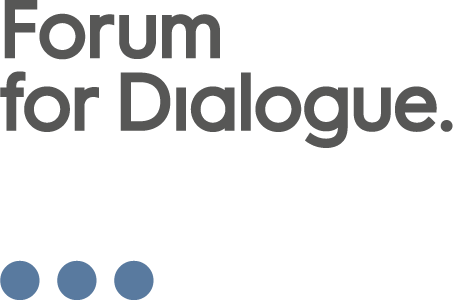There is no single moment from which everything began for me, it all seems to be a natural continuation of my personal story. Because of my grandmother Janka I had no choice but to ponder over my cultural identity for a long time. My grandma (1920-1987) lost both of her parents when she was nine years old. There was no one to take care of her and her siblings – as children they were condemned to street life, which would obviously lead to the inevitable. There was a Jewish family living nearby – the parents decided to take in the orphaned children, including my grandma Janka. And so they lived together for a few years. When she was a teenager, Janka was sent to a school run by nuns from the Congregation of the Holy Family of Nazareth, where she learned to crochet, cook, sew, read and write. Yet with the outbreak of World War II my grandmother’s life in Kielce comes to a sudden end.
This story comes back in 1970s in Żory, where my multi-generation family lived in an apartment on the 7th floor of a residential high-rise building. In lean years, the family would be fed unusual dishes, as was to transpire later. They would be served to us perhaps not on regular basis, but often enough to become part of the family menu. They did not always bear their traditional names, but words like matzo or latkes did not sound foreign to me.
And in our house, the traditional Christmas tree would be adorned with Jewish traditional motifs. And then there were the melodies sung to us as lullabies or the carnival dances. Suddenly, this idyll comes to an end – with the death of my grandma this whole history dies along with her.
I grew up. Today, I look for elements of this past, the people who had passed on, I am striving to feel like I did with my grandmother. I feel incredibly grateful to Jews; were it not for them, I would not be who I am today, it’s as simple as that. For this reason I would like others to experience a bit of this magic in interpersonal relations between people and nations. After all, we are all the same; the rest is just circumstances in which we happen to live in.
Some people wonder why I do all of this. I cannot really explain – I just feel it is my task. As Władysław Bartoszewski would say, “it is worth being decent”. I am a political scientist but I would much rather talk about politics than shape it. I have always wanted to be a journalist and even worked as one for some time, but I got disillusioned. On the other hand, I had never set out to be a teacher, and yet I have been working as one for most of my life and find this job very fulfilling. I did not abandon my passion for journalism; together with my pupils, we established a local internet radio station. Radio Żory results from a dream a few people had. We wrote down the kind of radio station we would not want and the kind we would want to listen to and hopefully the one we created is just like the latter – and ours.




